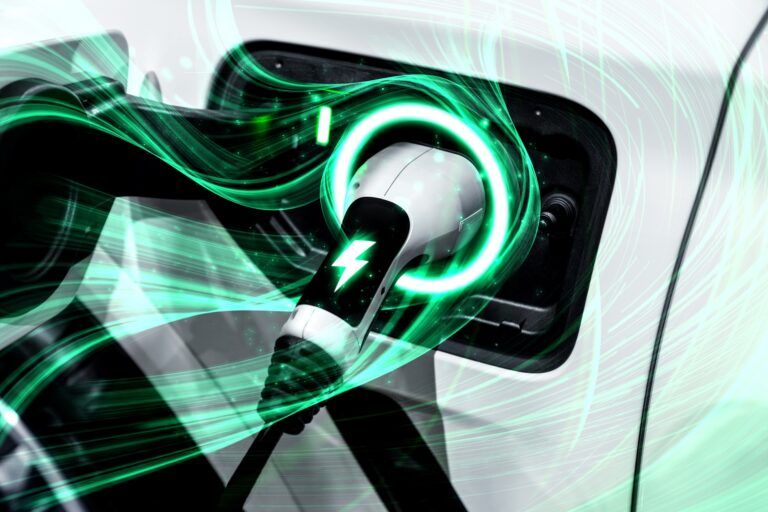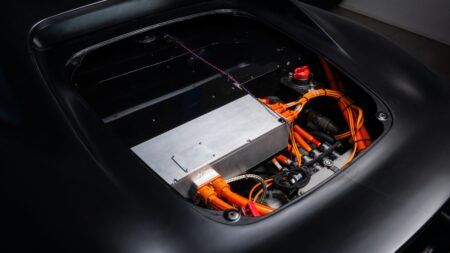According to a new report, which features a claimed first analysis of its kind of EV charging economics, the enhanced integration of EV charging in a smart and connected environment will be the key success factor in the mass adoption of electric mobility, enabling up to €5bn of incremental annual revenue in Europe only by 2030.
Research published Improved Corporate Finance and P3 in its white paper Smart Charging: The Upcoming Revolution of Electric Vehicle Economics, is the first analysis of this kind in the smart charging domain to be conducted and looks at the most recent market developments and investment activity in smart charging, and outlines the roadmap, the expected evolution phases and business models, the technical enablers and the future market potential.
According to the research, smart charging offers significant business opportunities for numerous established and new players within the EV charging ecosystem. The creation and investment in valid cross-industry “ecosystems” based on powerful standards and interfaces, will unleash attractive business models and a €5bn market in annual revenue of hardware, software and value-added services in Europe by 2030.
When looking at the investment activity and capital formation in the sector, from 2019 to 2021, global smart charging investment activity multiplied nearly six times, with growth accelerating further since H1 2021. As such, the total transaction volume globally increased from eight transactions in 2019 to 51 transactions in 2021. Similarly, the total transaction value increased nearly six times from €205m to €1.8bn in 2021.
Dominique Houde, partner at Improved commented, “Given the massive growth in energy demand of electric vehicles, only smart and truly efficient EV Charging infrastructure will enable a successful transition to mainstream E-Mobility. The integration of EV charging in the electricity grid and energy systems represents the “revolution within the revolution” in the road to achieving sustainable transportation. The ecosystem of companies providing hardware, software and full solutions enabling smart charging is now taking shape, leading to an unprecedented inflow of capital driving this crucial sector.”
Jan Traenckner senior advisor E-Mobility at P3 added: “Being the key enabler, smart charging presents a game-changer in EV Economics. While investment and M&A activity in smart charging is accelerating rapidly as the market is gaining scale, limited analysis and overview has been put together to assess this emerging sector, the investment and M&A trends, and its overall economic potential.
Johanna Heckmann, head of charging infrastructure at P3 complemented: “The capital formation growth rate has been far superior to the growth of the E-Mobility market of about 40% per year, underpinning a strong appetite to capture future potential, a “landgrab” of market share, and the increasing value-added of the products and services offered by these companies.
Bas Hendriks, senior associate at Improved complemented concluded: “The smart charging domain offers an attractive business case for investors, as rapidly increasing unit economics and commercial feasibility of Smart Charging applications present significant new opportunities with high potential returns. Ultimately, smart charging will be key in enabling the inevitable transformation of the mobility sector from fossil to renewable and emission-free sources.”
The report was co-authored by Dominique Houde (Partner), Bas Hendriks (Senior Associate), and Nicolas Magnus (Senior Analyst) of IMPROVED Corporate Finance, and Dr. Jan Traenckner (Senior Advisor E-Mobility), Johanna Heckmann (Head of Charging Infrastructure), and Falko Bartnik (Consultant E-Mobility) of P3.





